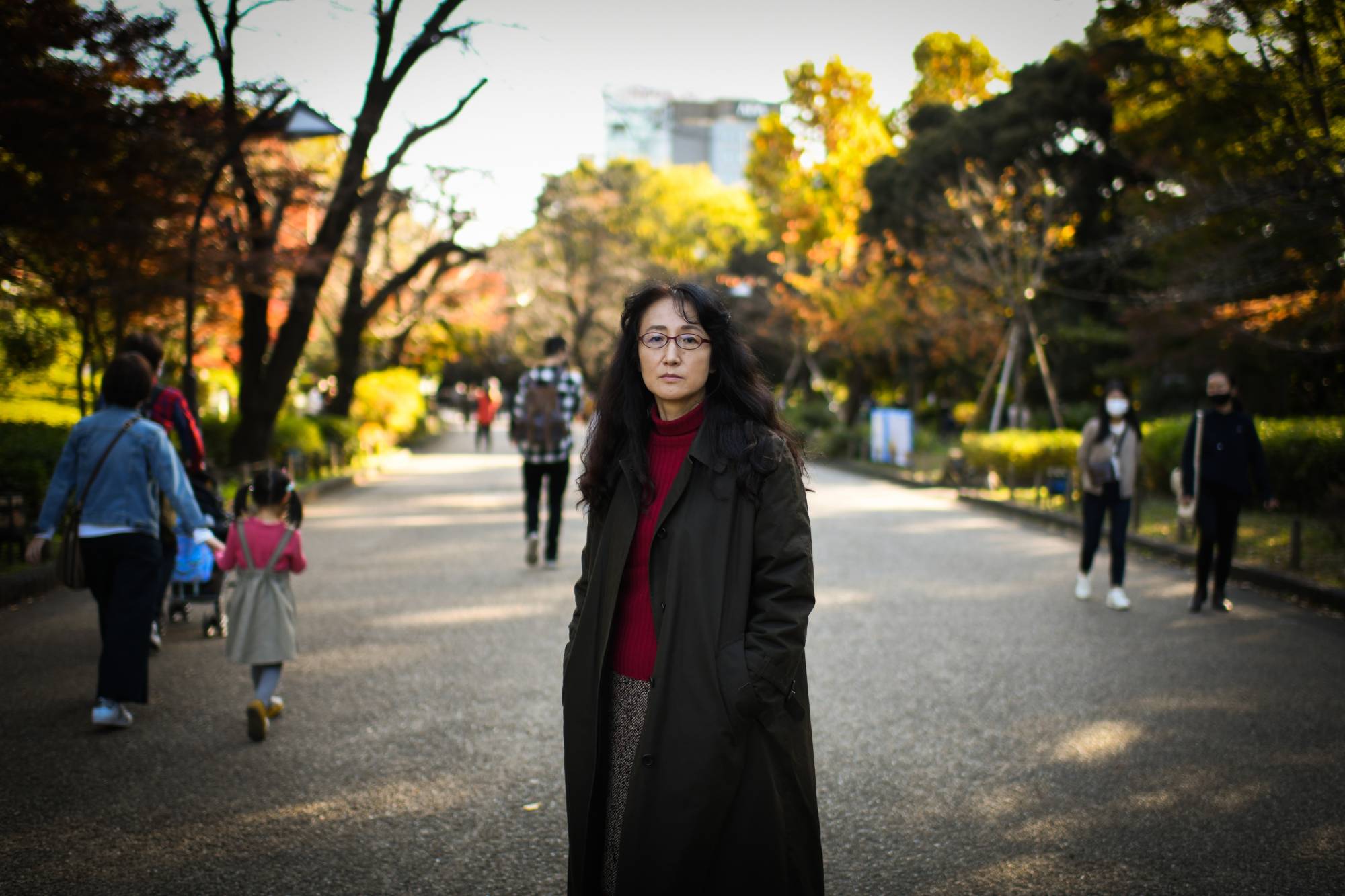Walking on an autumn Saturday through Ueno Park, one of Tokyo’s most popular attractions, novelist Yu Miri was stunned by how beautified the grounds seemed since her last visit several years earlier.
Pointing to a grove of trees where people were picnicking at a social distance, she recalled how the homeless used to congregate on the lawn in cardboard shelters covered in blue tarps.
That was the setting she re-created in her novel “Tokyo Ueno Station,” which won the National Book Award for translated literature in the United States last week. Its narrator is a dead construction worker whose spirit loiters around these camps, where he and others who had fallen down the socioeconomic ladder spent their final living years.
















With your current subscription plan you can comment on stories. However, before writing your first comment, please create a display name in the Profile section of your subscriber account page.